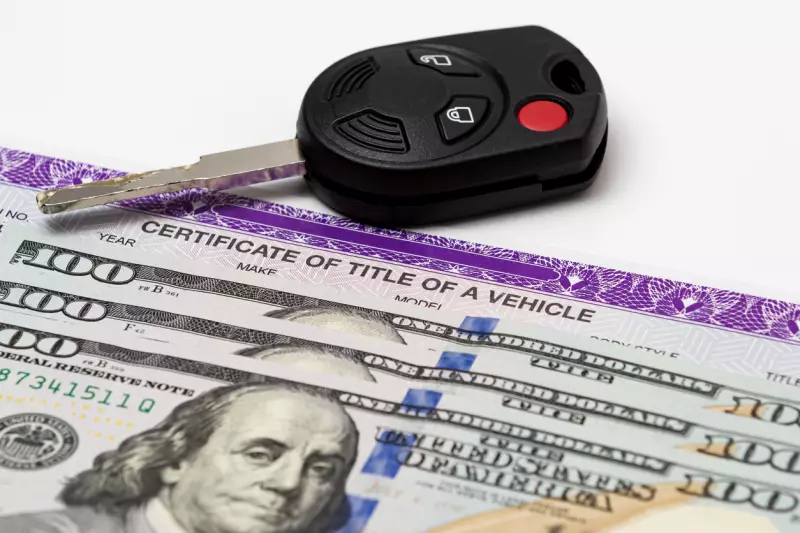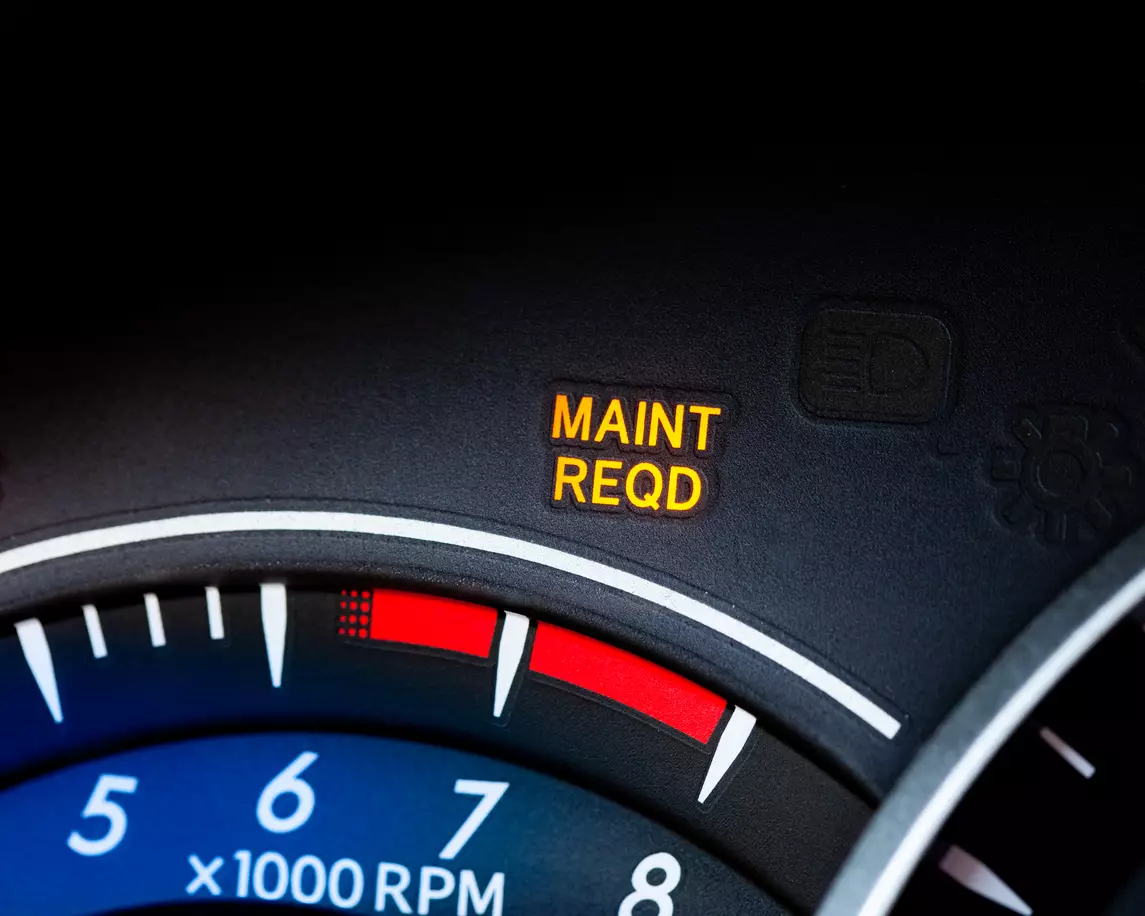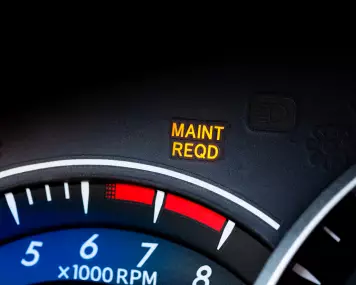When you buy a used car, a certificate of title is usually issued. As defined by the Legal Information Institute, a certificate of title is a legal document that proves ownership and is usually issued by a public officer. In cases of vehicle sales, the seller transfers it to the buyer.
However, there are situations when the seller can't find the original title. Or maybe you've inherited a vehicle, but the paperwork is missing. A bonded car title might be a solution to these situations.
In this article, learn what a bonded title is, how it works, and when and how to obtain one.
What Is a Bonded Title?
A bonded car title serves as a substitute for the original title. Your state may issue this title when your vehicle lacks a clear title history.
Below are the situations when a title bond is required:
- You bought a used vehicle without receiving a title.
- You inherited a vehicle with no proper documentation.
- The title has major errors, such as the wrong vehicle identification number (VIN).
- Your name isn't on the title, and you can't reach the person listed.
This certificate provides the same legal information as a regular title, including the VIN and owner details. You need this document to register your vehicle with the Department of Motor Vehicles (DMV), obtain car insurance, or transfer ownership when selling the vehicle.
How Does a Bonded Title Work?
The key difference between a bonded car title and a regular vehicle title is the surety bond attached. As defined by the Surety and Fidelity Association of America (SFAA), a surety bond is a written agreement between three parties. In vehicle sales, the three parties refer to the seller, buyer, and surety company.
This bond protects future buyers if ownership is later contested. Coverage typically equals 1.5 to 2 times the value of your vehicle.
For example, buying a car worth $5,000 might need bond coverage for $7,500 to $10,000. If the original owner appears and proves their claim within the bond period, they can claim compensation up to the bond amount.
Bonded titles usually remain valid for 3 to 5 years. If no one contests your ownership after the bond period, the "bonded" status is removed, and you can apply for a standard title.
How Do You Get a Bonded Title?
Not all situations qualify for a bonded title. Moreover, eligibility often depends on your state's laws. However, before applying, take these steps:
- Make every effort to locate the original title
- Contact your state's DMV for specific instructions
- Gather supporting documents, such as a bill of sale
- Be prepared to pay any required taxes or fees
Here's a general overview of how to get a bonded vehicle title, not necessarily in order:
Determine the Vehicle Value
First, determine your vehicle's value. States use their standard valuation guides.
In the absence of the state’s standard valuation, the valuation by the National Auto Dealers Association (NADA) and Kelley Blue Book (KBB) is used. Alternatively, an independent party can appraise the vehicle if the two guides can’t establish the vehicle value.
Purchase a Surety Bond
Once the vehicle value is established, inquire with a surety bond company and get a quote for the required bond coverage. The premium cost is typically a certain percentage of the total bond amount.
The National Association of Surety Bond Producers (NASBP) offers a surety company locator to help you find the best provider for your needs.
Submit Your Application
You can file your bonded car title application with your state's DMV or equivalent authority. Include the surety bond and other required documentation.
Information you need to provide includes:
- VIN
- Make, model, body style, and year of your vehicle
- Value of your vehicle
- Information about any liens on the vehicle
If approved, the state will issue your title with a mark as "bonded."
How Long Does It Take to Get a Bonded Title?
The timeline for obtaining a bonded motor vehicle title varies by state and individual circumstances. Generally, the process takes a few weeks to a couple of months. Obtaining a surety bond takes a few minutes to a day or two.
Factors that can affect the timeline include:
- Processing times of the state and surety provider
- Availability of required documentation
- State-specific regulations
- Current backlogs at the DMV
How Much Does a Bonded Title Cost?

A surety bond fee, state processing fees, and possible appraisal fees are common costs associated with getting a certificate of title bond. The total cost may vary from state to state.
Here are the specific fees and procedures for getting title bonds in Texas, Alabama, Florida, Arkansas, and Georgia:
Bonded Title Texas
Texas appraises vehicles using Standard Presumptive Values (SPV). However, if the SPV cannot be established, the state allows NADA valuation or an independent appraiser's assessment.
To request a bonded vehicle title in Texas, you must have resident status. You are currently using a vehicle that is not declared junk, nonrepairable, or ineligible for a title. It should also have a frame, motor, and body.
The steps for getting a bonded vehicle title in Texas are as follows:
- Complete an application form (Form VTR-130SOF) or Law Enforcement Identification Number Inspection (Form VTR-68-A) accomplished by an auto theft inspector for out-of-state vehicles.
- Prepare copies of ownership evidence, such as a bill of sale and proof of identification.
- Submit the form, documents, and fees of $15 to any Texas DMV Regional Service Center.
- If approved, you will receive a Notice of Determination (Form VTR-130-ND), which states the required bond amount.
- Purchase a surety bond from a licensed agency within one year of the notice.
- Apply for the bonded motor vehicle title not exceeding 30 days from bond purchase at the tax office with all required documents, such as:
- Form VTR-130-ND
- Bonded vehicle title application form (Form 130 U)
- Form VTR-68-A for vehicles with no existing records in the state
- VIN Certification for vehicles titled out-of-state, accomplished by an accredited inspection station
- Weight certificate for commercial vehicle
- Customs documents for import vehicles
You can use the list of accredited providers to select your bond provider.
Bonded Title Florida
Florida Statutes Chapter 319 Section 23(7) is Florida’s legal authority in vehicle title bonds. It defines the required documents and fees to be paid when requesting them.
When needed, Florida uses the Private Party Range Value or the Kelley Book Valuation to assess your vehicle's worth.
Moreover, the Division of Motor Services, under the Florida Highway Safety and Motor Vehicles (FLHSMV), maintains electronic lien and title (ELT). Thus, before requesting a title bond, you may first check with the accredited providers online.
After exhausting all possible ways to locate your vehicle title, here’s how to apply for a bonded vehicle title in Florida:
- Complete VIN Verification (form HSMV 82042).
- Have an official inspect your vehicle and fill out part B of form HSMV 82042.
- Fill out an Affidavit to Accompany Application for Bonded Title (HSMV 82026).
- Obtain a surety bond for twice the assessed vehicle value.
- Complete an application for title (form HSMV 82040).
- Submit all documents to any FLHSMV location and await approval.
For a complete list of requirements, you may check the procedure manual. Note that processing times of bond titles vary from county to county. On average, you receive your paper titles in 4 weeks after submitting a request.
Bonded Title Alabama
Alabama Department of Revenue (ALDOR) processes all requests for bonded vehicle titles through its Surety Bond Portal. You may also ask the state's help center if mail requests are available.
To get a title bond in Alabama, complete an electronic request through the portal. You'll receive a Certificate of Title Surety Bond form (MVT 10-1) to complete with your surety company upon approval.
Apply for a certificate of title through a designated agent within 90 days of executing the surety bond. A designated agent could be a motor vehicle dealer or insurance company. You can check with ALDOR for the updated list.
Title issuance can take up to 10 business days after all documents are submitted. The processing time may or may not include the approval of an electronic request and the purchase of a surety bond. You can check your application status through the official Alabama myDMV, which is the same portal for applying.
Standard processing fees start at $15, while bond premiums may depend on the factors used by the surety company. The premium rate starts at 1% of the required bond coverage, ranging from $5,000 to $50,000, depending on the vehicle class.
Bonded Title Arkansas
Arkansas allows NADA or Kelly Blue Book valuation when appraisers establish the worth of your vehicle during title bond application. When applying, the Office of the Motor Vehicle under the Department of Finance and Administration (DFA) processes them.
The process for obtaining a bonded car title in Arkansas involves these steps:
- Get a VIN inspection from the Arkansas State Police.
- Fill out a Statement of Facts form explaining how you obtained the vehicle.
- Submit the bill of sale, inspection, and statement forms to the DFA for review.
- Upon approval, obtain a surety bond for 1.5 times the vehicle's value.
- Submit your complete application to the Arkansas Office of Motor Vehicle, including all required documentation.
Title bonds in Arkansas typically cost around $100 and have a 3-year bond period. Review and approval of applications take up to 25 business days.
To choose a provider, refer to the list of certified surety companies in Arkansas published by the Bureau of the Financial Service.
Bonded Title Georgia
Obtaining a bonded car title requires specific steps and documentation. The eligible applicants must be Georgia residents, and the vehicle must have a previously issued Georgia title that cannot be located or retrieved. The process excludes vehicles from 1985 or older and abandoned vehicles.
To apply, you'll need these forms and documents:
- Completed MV-1 Title/Tag Application form
- Certificate of Title Bond (Form MV-46)
- Notarized Certificate of Title Bond Affidavit (MV-46A)
- Certification of Inspection
- National Motor Vehicle Title Information System (NMVTIS) report
- Available ownership papers (bill of sale, insurance coverage)
Each application costs a $18 title fee. You may need to check the comprehensive vehicle assessment manual for bond coverage and premiums.
Usually, the bond amount is twice the vehicle's average retail value, with a minimum of $5,000. You must apply within six months of the bond's issue date.
Additional forms may be required for specific cases. Due to the complexity of the process, it's advisable to consult with your local County Tag Office or a legal expert if you're unsure about your eligibility or the application procedure.
While getting a title surety bond may seem daunting, it establishes your legal ownership. Premium costs generally range from $100 to $300, and processing times can be up to a few months. Requirements can change, so always check with your local DMV for current information.




















